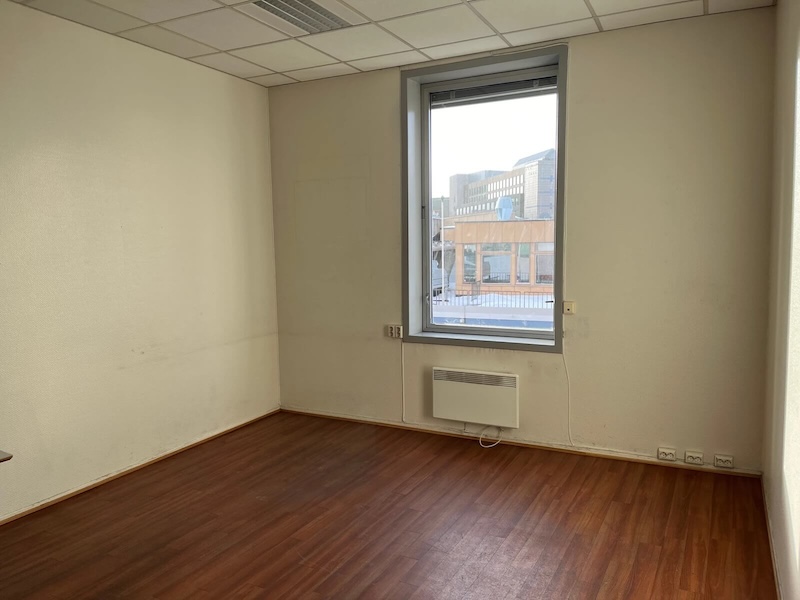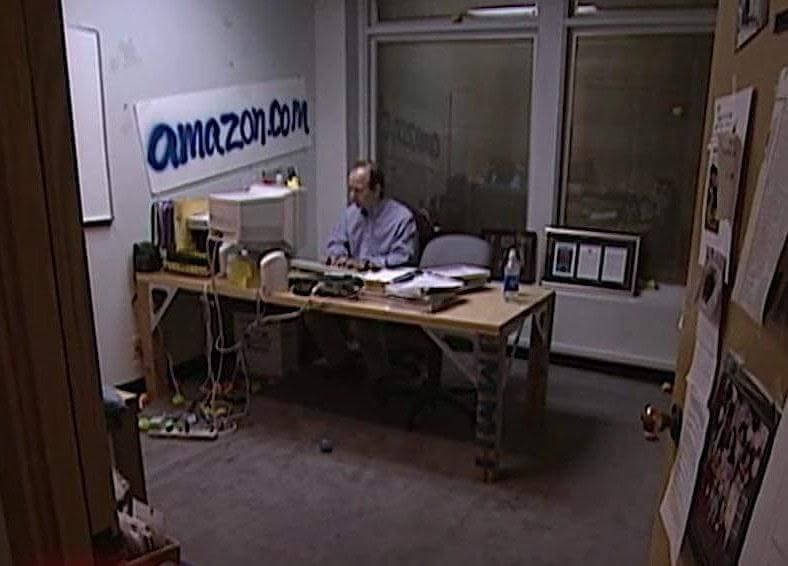When I started at Oda, I was proud of the fact that we had a private chef serving lunch every day, panoramic views of Oslo, free drinks, and amazing coffee. Google had set the stage for what a successful tech company office looked like, and it was evident that Oda wanted to replicate that image.
Looking back, I can’t help but feel it was all wrong. The business was burning through investors’ money at an astonishing rate. Every catered meal, every meticulously curated detail of that office, whispered a lie: “We’re already successful.” But the truth was, we weren’t. Ironically, we had a great mission and a complex problem to solve—the very things that should have made such extravagance unnecessary. For the right type of people—those with a growth mindset and belief in the mission—that should have been enough. Instead, the office didn’t reflect the grind, the hunger, or the stakes. It made us forget what we were really there to do.
An office, like everything else in a business, is a signal. It tells everyone walking in—employees, partners, investors—how the company is doing and what it values. Oda’s office, as beautiful as it was, sent the wrong message. It suggested we had already arrived, that we were flush with cash and cruising. The truth was, we were far from it. We were spending money as if it were infinite. The office wasn’t honest, and over time, that dishonesty seeped into the culture. It dulled the edge.

I’ve found myself thinking a lot about this topic lately, as a very close friend of mine just started a company and they’ve moved into a new office - the cheapest one they could find in Oslo. Every krone of their small funding round goes toward what truly matters. Their office is dirt-cheap, with no ventilation, and in a street that’s a favorite haunt for drug addicts. Every day, they feel the pressure of their burn rate and the lack of money. It’s not glamorous or comfortable, but it’s honest and a constant reminder of the grind.
And I find it incredibly inspiring.

There’s a famous video of Jeff Bezos in Amazon’s early days, sitting at a desk made from a door balanced on two sawhorses. When asked about it, he said:
“It’s a symbol of spending money on the things that matter to customers, and not spending money on the things that don’t.”
That desk wasn’t just about being frugal. It was a constant reminder of their priorities.
If I were to start a company or give advice, I’d keep it simple: a fancy office and financial instability don’t mix. It distracts from what matters and sends the wrong message. An office should match the reality of the business, not pretend it’s something it’s not. For a company that isn’t profitable, the office should be a constant reminder of the grind and the work still ahead. And if you’re profitable, do what you like—but I’d be wary of complacency setting in. Balancing the lack of monetary urgency with other motivators, like more rigorous performance reviews, might be essential.
The right office doesn’t have to be pretty, but it should be honest. Honesty in business is always worth more than a good view.
PS: In the early days, Oda actually had a very honest office (Nedre Vaskegang in Oslo). One story illustrates this perfectly: employees once arrived at the office entrance to find traces of a crime scene where a dead body had recently been removed. That day must have been extremely motivating—if only to get the hell out of there.
Unfortunately, I never got to experience this, but it shows the mindset was right at the start. Over time, though, the company became too eager to spend once the bank account started filling up with investors’ money—even though money was flowing out the other end like never before.